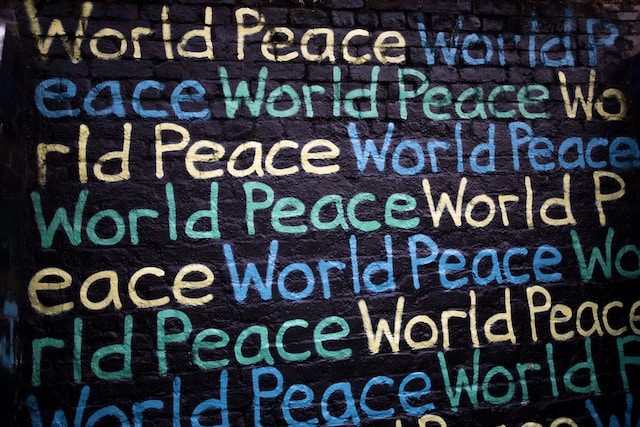The Refugee Crisis
The refugee crisis has been a pressing challenge for the European Union (EU), demanding a robust and thoughtful response. With an influx of people seeking refuge and a place to call home, the EU has faced the daunting task of managing the crisis while striving for integration efforts that promote harmony and solidarity. Challenges and […]




